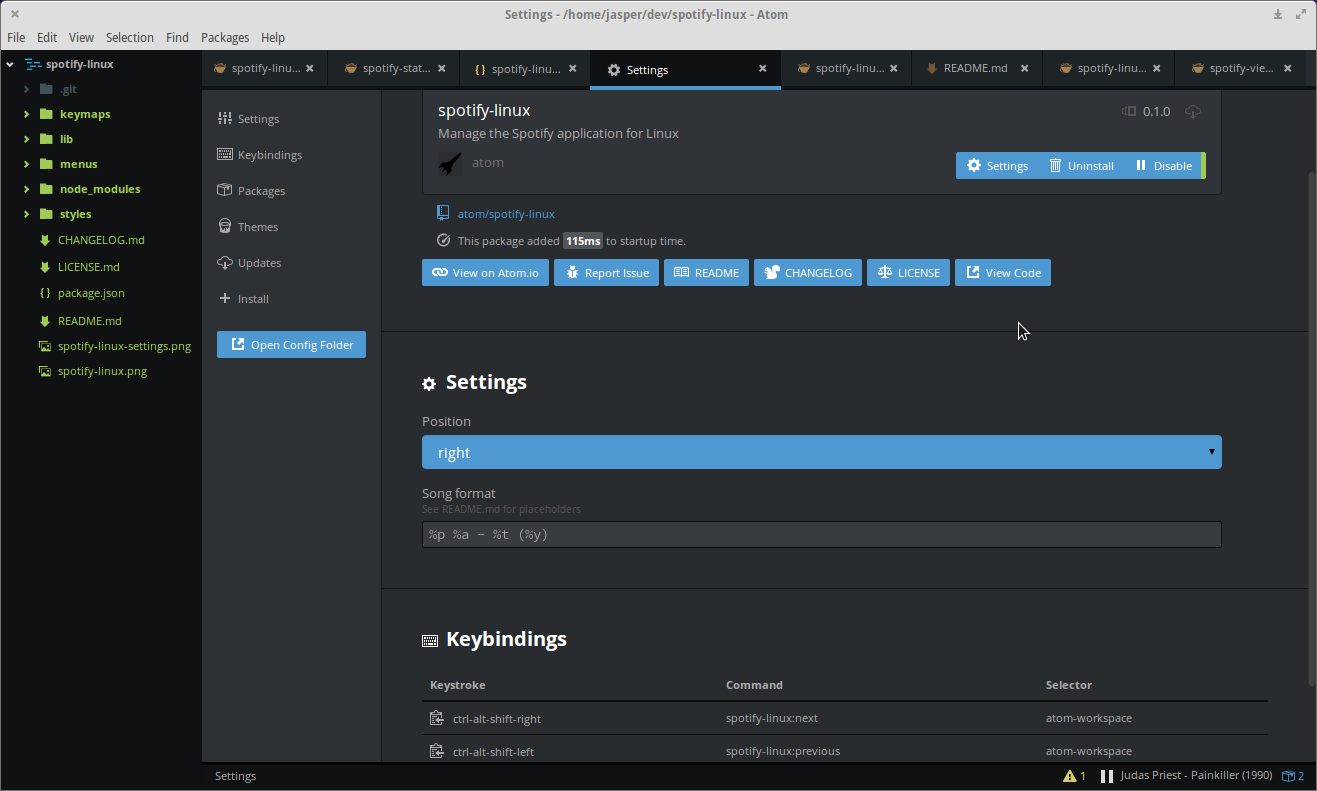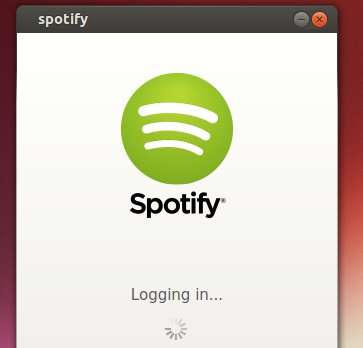

For our beloved Ubuntu system we have the official Spotify client so it is not necessary to have to resort to a third-party client. Thanks to the large amount of advertising launched by the service in different media as well as the agreements that it has managed to establish with some companies.Īs well on the other hand is the support that the player has been given to the different platforms such as mobile devices, as well as operating systems. Run SpotifyĪfter installing Spotify with the previous step, you will find an icon of the application on the installed applications of the System.Spotify has become one of the most famous music streaming services, There's no doubt. This will confirm the installation on the command line answering yes to all the questions. Install Spotifyįinally after registering the signing keys of Spotify and the repository, install the desktop client with the following command in the terminal: sudo apt-get install spotify-client Update list of packagesĪfter registering the repository of Spotify, update the list of packages of the system with the following command: sudo apt-get update 4.


Add Spotify RepositoryĪdd the spotify repository to your system with the following command: echo deb stable non-free | sudo tee /etc/apt//spotify.list 3. The key for the spotify repository can then be installed running the following command on the terminal: sudo apt-key adv -keyserver hkp://:80 -recv-keys 931FF8E79F0876134EDDBDCCA87FF9DF48BF1C90 2. The maintainer will often place a copy of the authentication key on a public key server. Register Spotify repository signing keysĪuthentication keys are usually obtained from the maintainer of the software repository. If the process shown on this article doesn't work, follow the debian installation steps of the official Spotify website here.


 0 kommentar(er)
0 kommentar(er)
